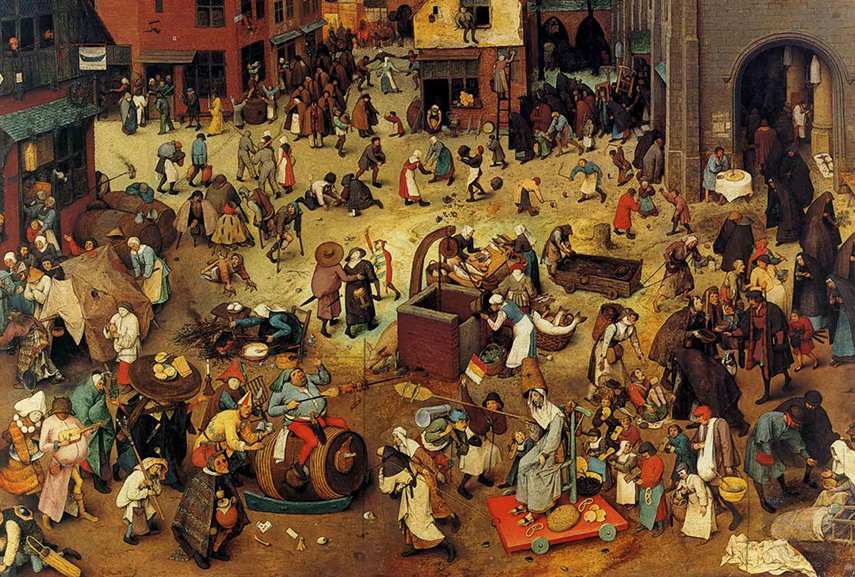Introduction to Narratology:
Narratives & the Question of Subjectivities Instructor: Klaus Speidel Date & Time: Sundays, October 27, November 3, 10, 17 2 PM - 4:30 PM ET

DESCRIPTION This seminar will investigate the role of stories in shaping personal and collective identities. Stories contribute to the perceived value of things and can even make or break elections and trials. How exactly stories function is, however, subject to dispute and so are the values and risks of storytelling. In our seminar, we will focus on three questions: What is narrative? What are the important functions assumed by narratives in our lives, arts and political economies? Why and how can storytelling be problematic for ideological or aesthetic reasons? The stories we tell ourselves to make sense of our lives and those we exchange in daily conversations dwarf the sophisticated and explicit narratives that have been written down or handed down orally from generation to the next over the centuries as part of our literary heritages. Throughout the seminar, we will move from the personal to the collective, starting with stories about the self and then opening up towards stories in the social setting. In the first session, we will discuss different definitions of narrative and distinguish it from cultural practices such as description or argumentation. In the second session, we address effects of storytelling on the narrator and others according to philosophical and psychological theories; we will engage with critical reflections concerning the universal importance of storytelling for defining the self. To better understand the impact of stories on society, in the third session we will then analyze how stories are used by different actors in the social sphere. In the last session, we will discuss the role of storytelling in art and distinguish different kinds of readers. Among others, we will discuss works on narrative by Roland Barthes, Walter Benjamin, Jerome Bruner, Peter Kivy, Galen Strawson, Luc Boltanski/Arnaud Esquerre and Christian Salmon.
IMAGE: Peter Bruegel the Elder, The Fight between Carnival and Lent, 1559
To see The New Centre Refund Policy CLICK HERE.
To see The New Centre Refund Policy CLICK HERE.